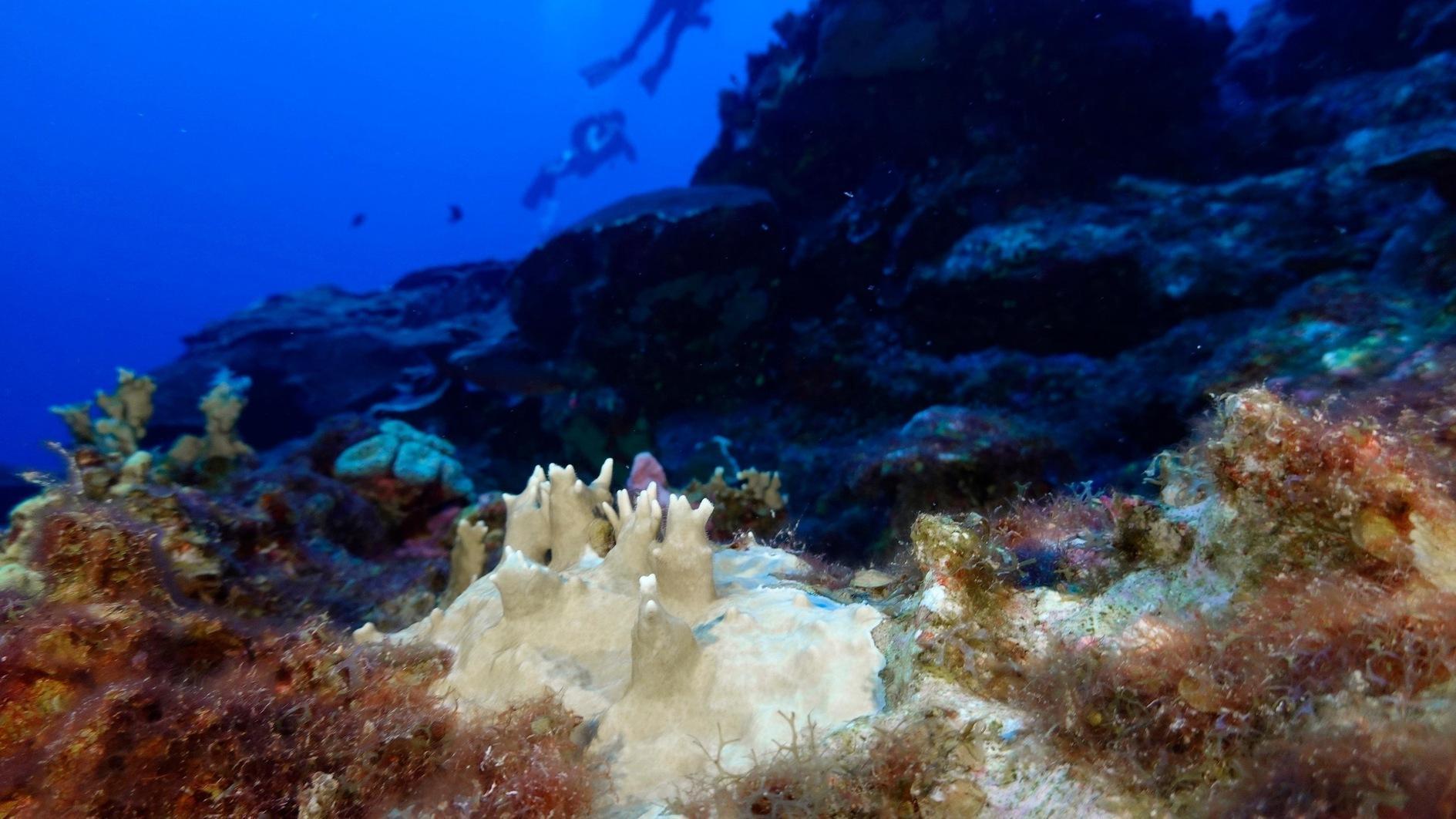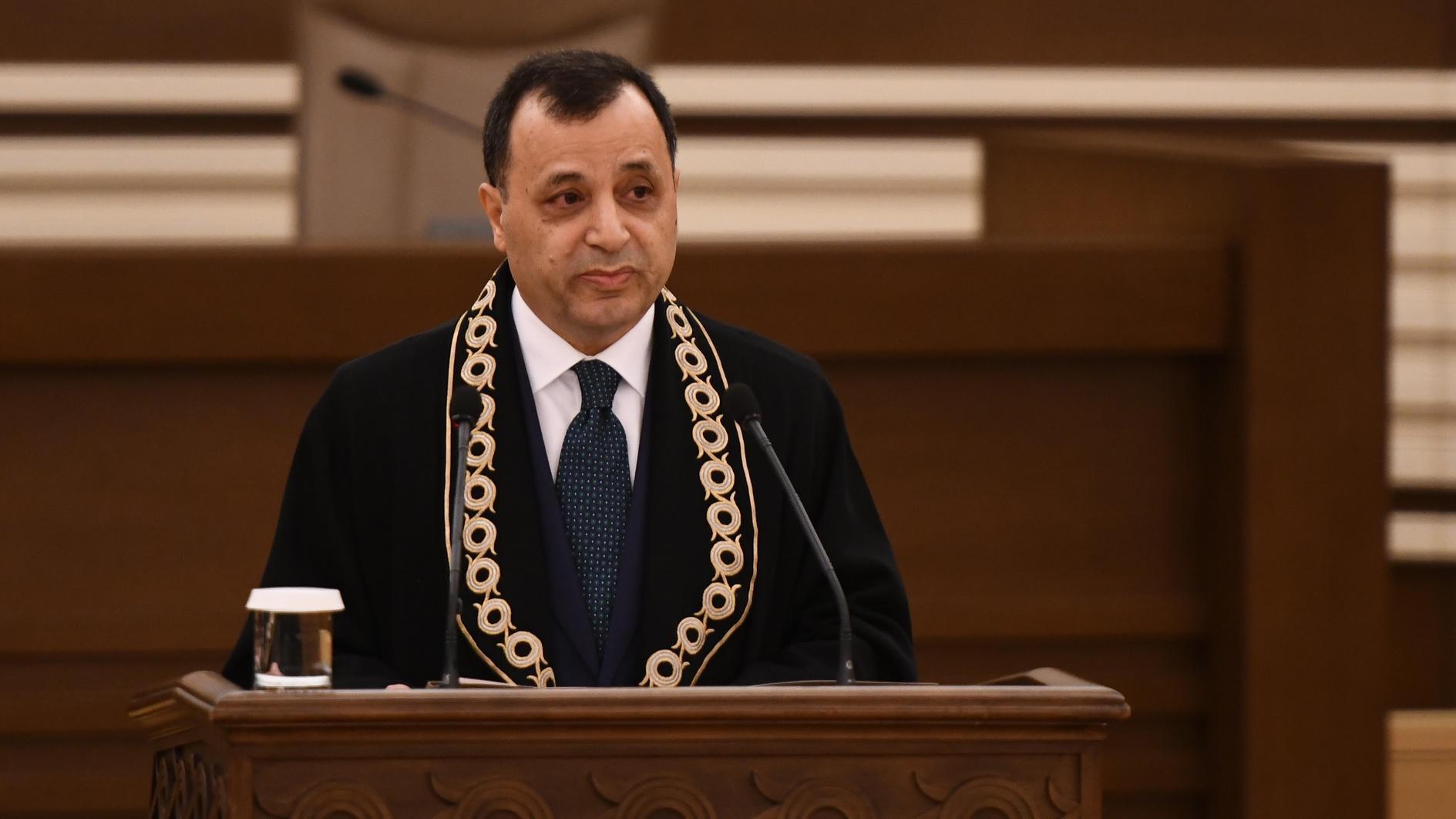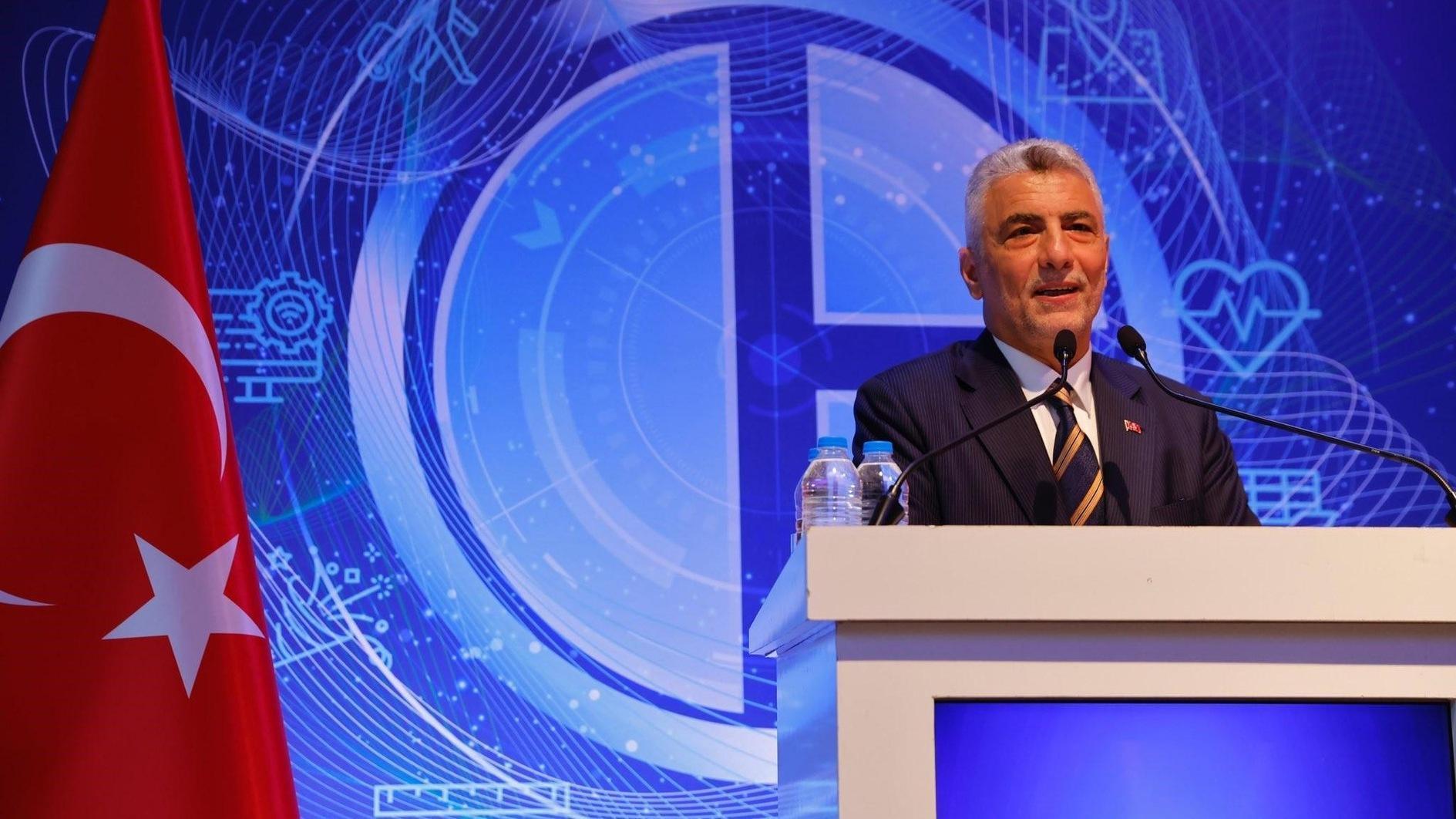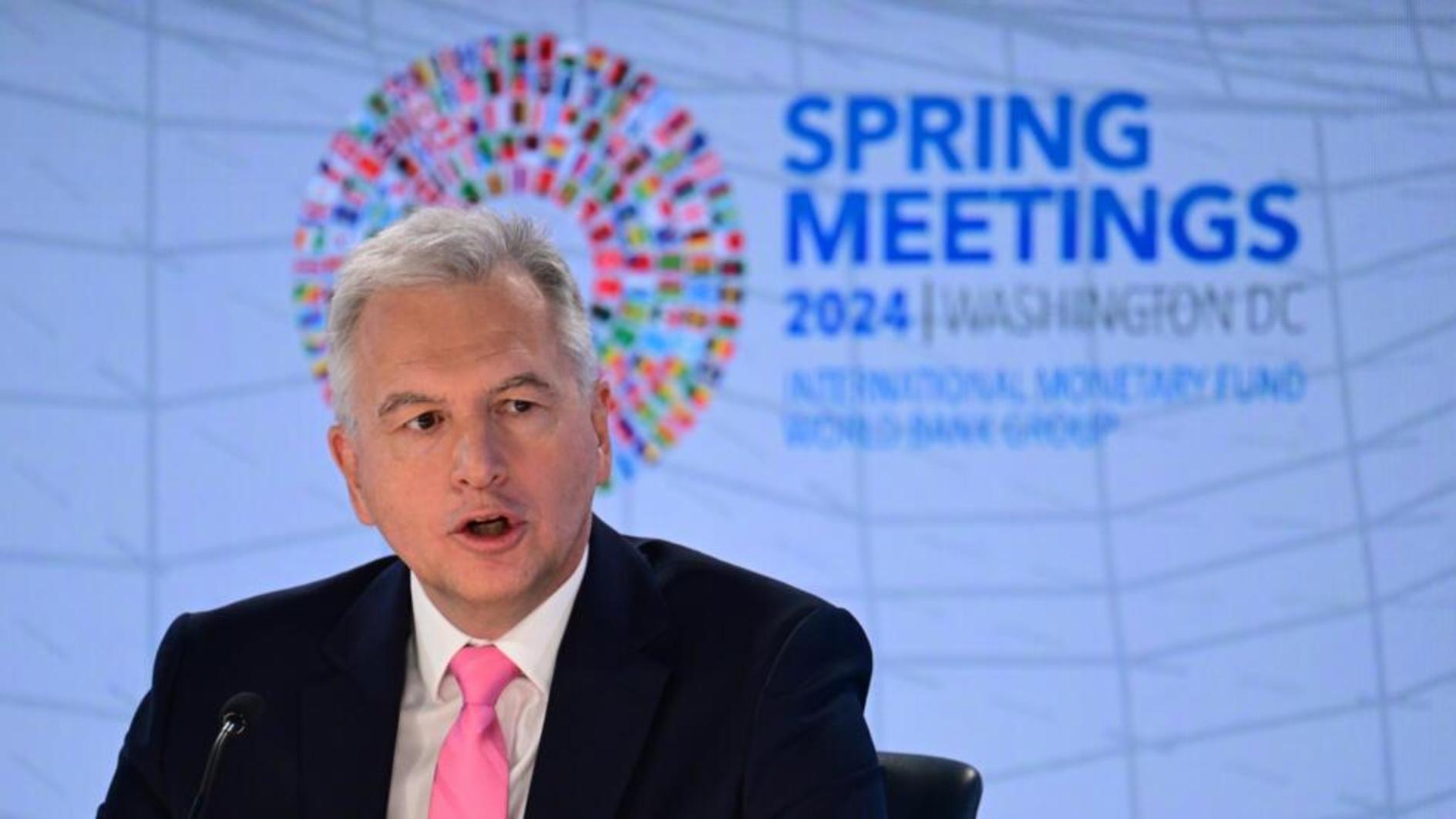Is Emmanuel Macron Europe’s ‘new normal’?
France has a new president. Emmanuel Macron, the youngest leader of the country since Napoleon, is now in office after being sworn in with a solemn ceremony at the Elysee Palace on Sunday. Now people in France, Europe and elsewhere in the world are wondering: Will he succeed or will he not?
The fact that Macron’s first official visit is taking place in Berlin shows how the new French president will become an “active executive leader.” Macron is looking beyond France and seems quite determined to give the EU the new momentum that it has needed for many years now. It is also clear that he will hope to regenerate the stamina that was present 60 years ago to bring the two continental powers in Europe together with a view to establishing lasting and sustainable peace through common values. This is another reason why his first visit is to Berlin.
He is also determined to do this by recalling fundamental French values first. Although there are signs that the French economy seems to be recovering slowly, many French people are disturbed by globalization and are afraid that their identity is at risk. Macron gives a very clear message to calm down his compatriots by saying that “nothing will stop him from defending the higher interests of France and working for the reconciliation of the French.” He also underlines that both the world and Europe need a strong France now more than ever.
It does not look to be an easy task. On the one hand, the EU is faced with the challenge of Brexit. But Macron, as a former investment banker, does not feel discouraged and has continued to explicitly put forth his stance as an ardent defender of not only globalism but also of further European integration. In Berlin, he will push for closer cooperation within the EU. He will explain his opinion to establish a Finance Ministry for the EU and to create a budget for the Eurozone with a view to pursuing common fiscal policy.
These ideas may be perceived as far-fetched by Angela Merkel, but Macron also supports a “multi-speed” Europe and this vision is beginning to gain support in Berlin too. This is a scary scenario, however, for countries like Poland and Hungary, which feel relatively detached from identifying themselves with such regulatory and centralized prospects.
Those two countries are still outside the Eurozone and do not have a perspective to join it in the short term. Their argument against Macron’s ambitious plan is because of this status. Poland in particular fears that a common budget for the Eurozone will leave non-Eurozone members with less money, creating discrimination and eventually ending up with the disintegration of the union.
However, Macron’s vision is not to close the Eurozone to current non-members. Rather, he aims to create a more functional Eurozone, which would also be beneficial for others when they decide to join.
Macron is also set to meet U.S. President Donald Trump and Turkish President Recep Tayyip Erdoğan in Brussels next week during the NATO summit. In the post-Brexit environment, France will become the most prominent military power in Europe, with its nuclear capability. However, Macron will be more interested in talking to Trump and Erdoğan on economics, trade, finance and globalization, despite the fact that his first encounter with the two will be on the margins of a military defense organization’s summit. Trump’s anti-globalism rhetoric, in that sense, may present many question marks.
As a pro-EU, young, ambitious and determined French president, Macron will support the fundamental criteria to be accomplished by Turkey for membership. He would like to understand clearly how serious Turkey is about becoming a fully integrated partner with the EU. That is a requirement and an obligation for Turkey to be fullfilled.
Macron’s success is very much dependent on the June parliamentary elections in France. If there is a parliament amenable to work with him in harmony he will have an easier path in fulfilling his program. If a cohabitation appears it may be more difficult, but still not impossible. Nevertheless, many in Europe hope that Macron will set the parameters of the “new normal” in Europe.











